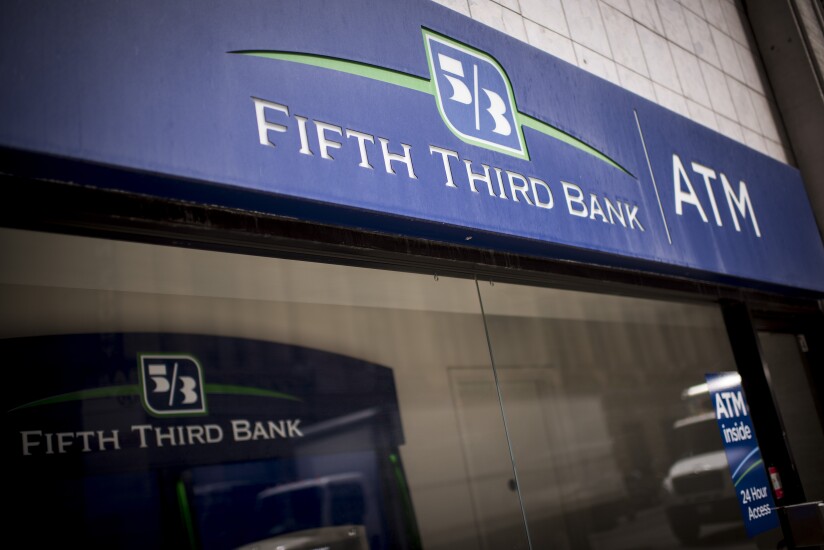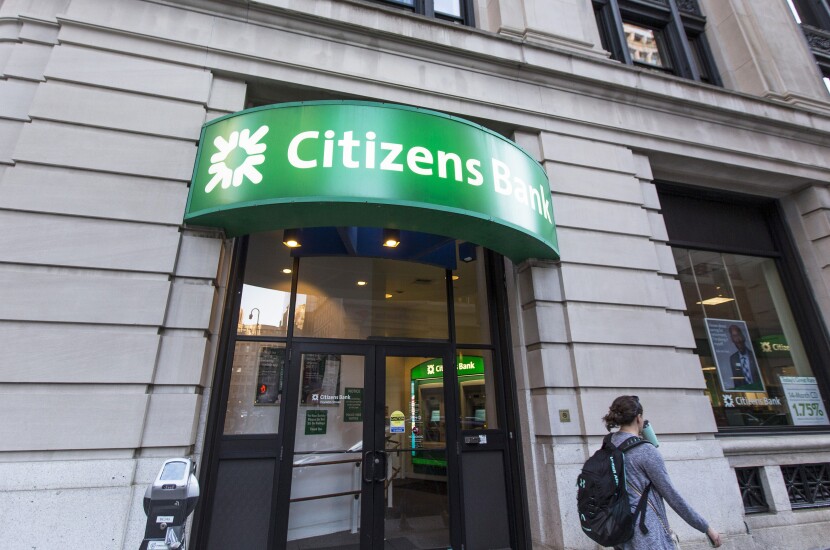Since President Biden took office in January, several U.S. banks have announced major business changes that will reduce the amount of revenue they generate from overdraft fees.
Other banks have indicated that they are reconsidering the fees, which have long been a key pillar of fee income despite persistent criticism from consumer advocates.
The recent changes, which are being led by regional banks, range from eliminating overdraft fees altogether to introducing new products that will offer less expensive options to customers who live paycheck to paycheck.
These moves could be bellwethers for an industry that is
“Overdrafts have the potential to be very costly for consumers, and we are continuing to monitor market activity in this area,” a CFPB spokesperson said in a statement.
In the years before the COVID-19 pandemic, the amount of money that banks collected from overdraft fees remained fairly steady, hovering around 5% of fee income. But last year the revenue cratered, partly as a result of government stimulus programs that padded consumers’ bank accounts, and partly because some banks waived fees in anticipation of widespread economic hardship.
In 2020, banks that reported the data to their regulators collected
What follows is a look at 10 banks that are, to greater or lesser degrees, reconsidering overdraft charges.















